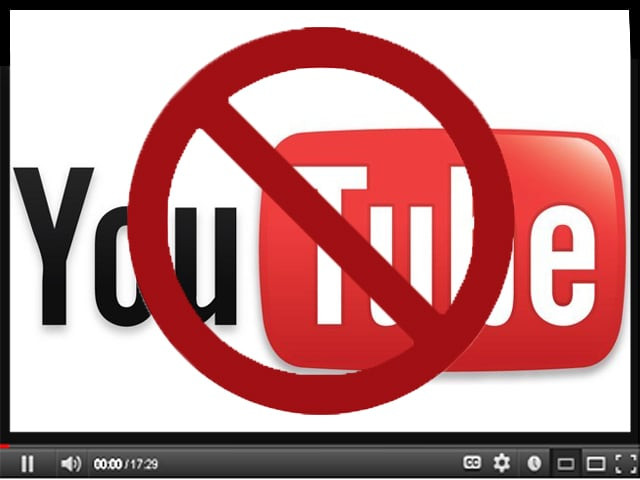Blocking blasphemy
Was blocking Youtube the best way to handle the situation? Did Youtube make the film?

Currently, Pakistan has no formal agreement with Google, which owns YouTube, to censor inflammatory or blasphemous content at the source. In the case of obviously offensive content, such as the film, perhaps, an agreement with Google would make sense in which, instead of blocking the whole website, blasphemous videos could be blocked for users in Pakistan. Of course, the wider principle that content should not be blocked is a utopian concept because anti-hate speech laws exist in all countries, even in the US. It would be safe to also say that most Muslims, in Pakistan and elsewhere, would not want to watch such offensive material in the first place.
On a somewhat related note, the threat by the interior minister to cancel visas of Google staff working in Pakistan was unnecessary, especially since Google did not make the blasphemous film. We need to ensure that the decisions taken regarding net usage are rational and do not establish dangerous precedents which can be misused in the future. More thought is needed on how to handle these sensitive issues so that steps are not taken in panic, possibly causing more harm than good. Banning YouTube plays right into the hands of the makers of the blasphemous film, giving them attention they don’t deserve.
Published in The Express Tribune, September 19th, 2012.














COMMENTS
Comments are moderated and generally will be posted if they are on-topic and not abusive.
For more information, please see our Comments FAQ